The world’s oceans are facing a pressing and alarming threat: overfishing. This global issue is rapidly depleting our oceans of seafood, with dire consequences for marine ecosystems and the billions of people who rely on fish as a vital protein source. Without immediate action and the adoption of sustainable fishing practices, we risk a future where seafood becomes scarce, leading to severe ecological imbalances, the collapse of fish populations worldwide, and significant socioeconomic repercussions for coastal communities and industries.
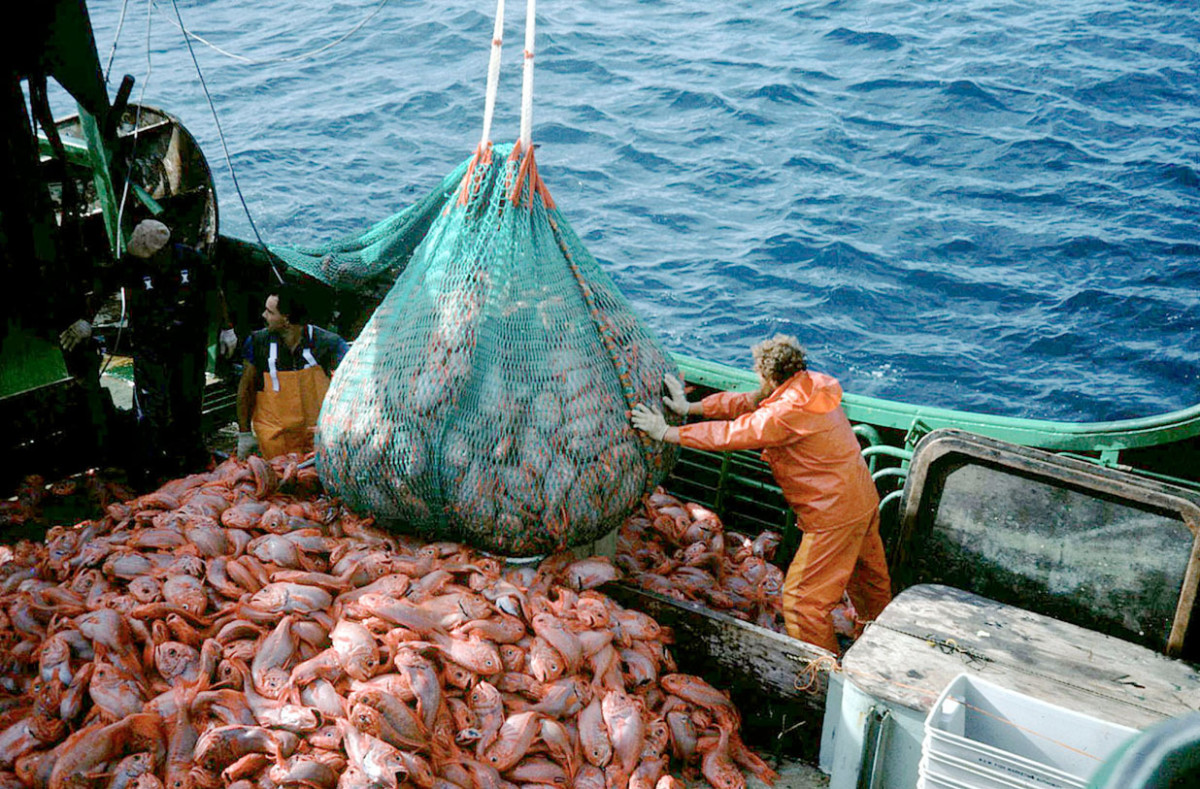
The Urgent Warning:
A comprehensive four-year study, examining 7,800 marine species, has shed light on the urgent need for action. The study, led by Boris Worm and his team, highlights the alarming and consistent trends that emphasize the urgency of addressing the issue of overfishing. The findings suggest that without significant intervention, there may be no seafood left to catch by 2048, except for jellyfish. This prediction has sent shockwaves through the scientific community and beyond, surpassing initial expectations.
Understanding the Factors:
The study points out several contributing factors to the potential collapse of marine life. Overfishing, destructive fishing practices such as trawling, pollution, and the impacts of climate change all play a significant role in the decline of marine diversity. Overfishing occurs when fish are harvested at a rate that exceeds their reproductive capacity, leading to a decline in their populations and disrupting the balance of marine ecosystems. Destructive fishing practices, like bottom trawling, can damage the seafloor and destroy habitats that serve as critical nurseries for fish species. Likewise, pollution from industrial and agricultural activities, as well as plastic waste, contaminates the oceans and harms marine life. Climate change exacerbates these issues by altering ocean temperatures, acidity levels, and habitats, further impacting fish populations.
Critics and Debates:
As with any scientific study, there are critics who raise concerns about the methodology and data interpretation. Some argue that the study relies on correlations rather than direct cause-and-effect relationships, while others question the reliability of certain fishing data. Opposing trends observed by other organizations are also highlighted. Additionally, skeptics argue that existing protective measures and ongoing conservation efforts may not be fully considered.
The Need for Global Action:
While the exact timeline of seafood depletion remains a topic of debate, the study serves as a powerful warning sign that demands immediate attention. Approximately 30 percent of fish species have already experienced collapse due to overfishing, indicating the urgency of protecting and conserving marine biodiversity. That is why we cannot afford to ignore the warning signals and risk irreversible damage to our oceans.
Sustainable Solutions:
To address the overfishing crisis, concerted efforts are required on a global scale. Governments, fishing industries, scientists, and consumers all have a role to play. Implementing stronger protections and regulations, such as setting catch limits, creating marine protected areas, and promoting sustainable fishing practices, is crucial. Collaboration between nations is vital to ensure the effective management and conservation of shared marine resources. International agreements, like the United Nations’ Sustainable Development Goal 14 – Life Below Water, provide a framework for action and cooperation.
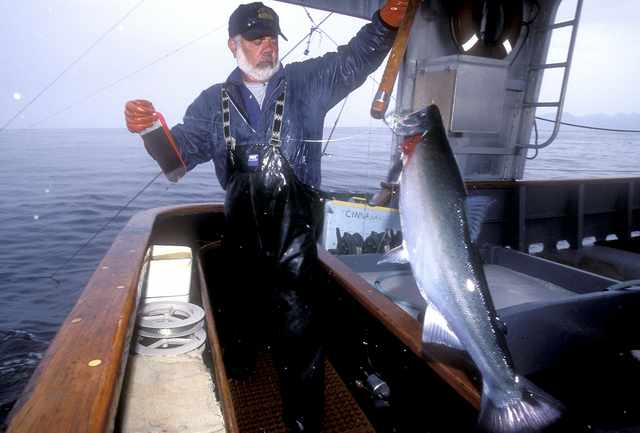
Educating consumers about sustainable seafood choices is equally important. By making informed decisions and supporting sustainable fishing practices, individuals can contribute to the preservation of marine ecosystems. Sustainable seafood certifications and labels, such as the Marine Stewardship Council (MSC) and Aquaculture Stewardship Council (ASC), can help consumers identify responsibly sourced products.
Investing in research and innovation is key as well. Advancements in technology, such as improved fishing gear and techniques, can minimize bycatch and reduce the ecological impact of fishing operations. Furthermore, exploring alternative protein sources, such as plant-based and lab-grown options, can help alleviate the pressure on wild fish populations. Furthermore, Responsible aquaculture practices can provide sustainable seafood alternatives while reducing the strain on wild fish stocks.

Discover our sustainable seafood
Our seafood is predominantly sourced from artisanal fishing along the French Atlantic coast. We prioritize caught-to-order imports and maintain 100% traceability, working directly with small fisheries in Brittany.
Our commitment to sustainability is evident through our selection criteria, which include sourcing from small boats engaged in inshore fishing, using responsible techniques such as line and net catching with minimum mesh sizes to protect stocks and limit by-catch.
We also adhere to European Union regulations, including TAC and quotas, and respect closed areas during reproductive seasons.
Rest assured, our wild fish is sourced from vessels that prioritize sustainable practices and adhere to established guidelines.
SOURCES:
The world counts. (n.d.). https://www.theworldcounts.com/challenges/planet-earth/oceans/overfishing-statistics
Overfishing. (n.d.). World Wildlife Fund. https://www.worldwildlife.org/threats/overfishing





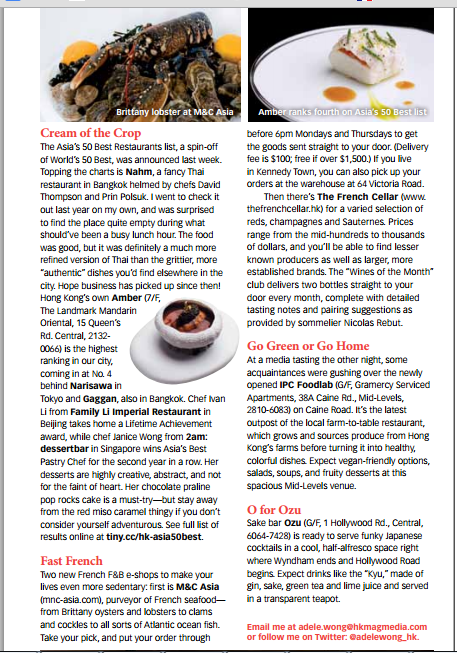
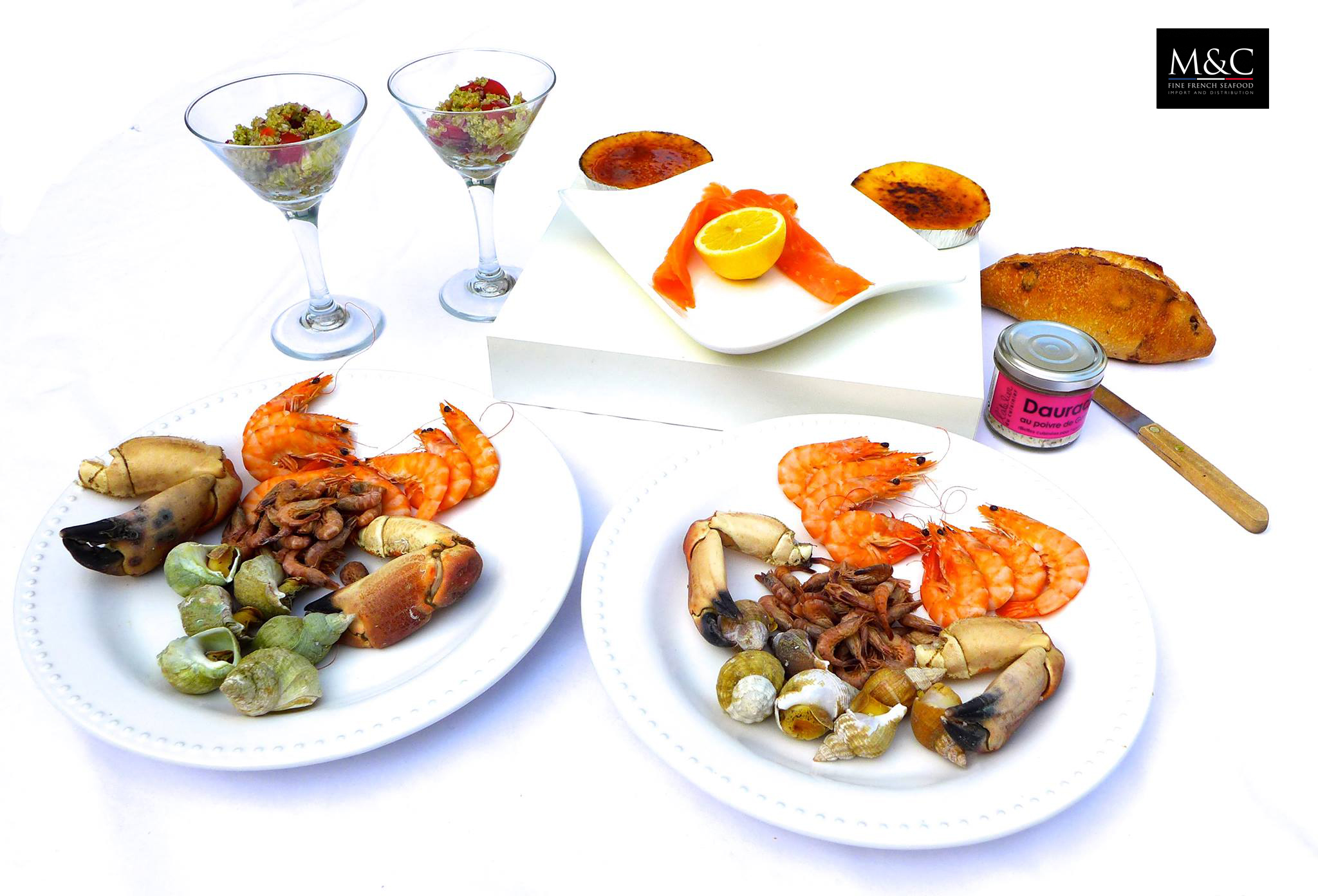
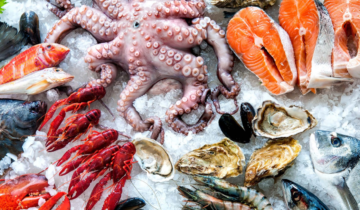
 No products in the cart.
No products in the cart. 
